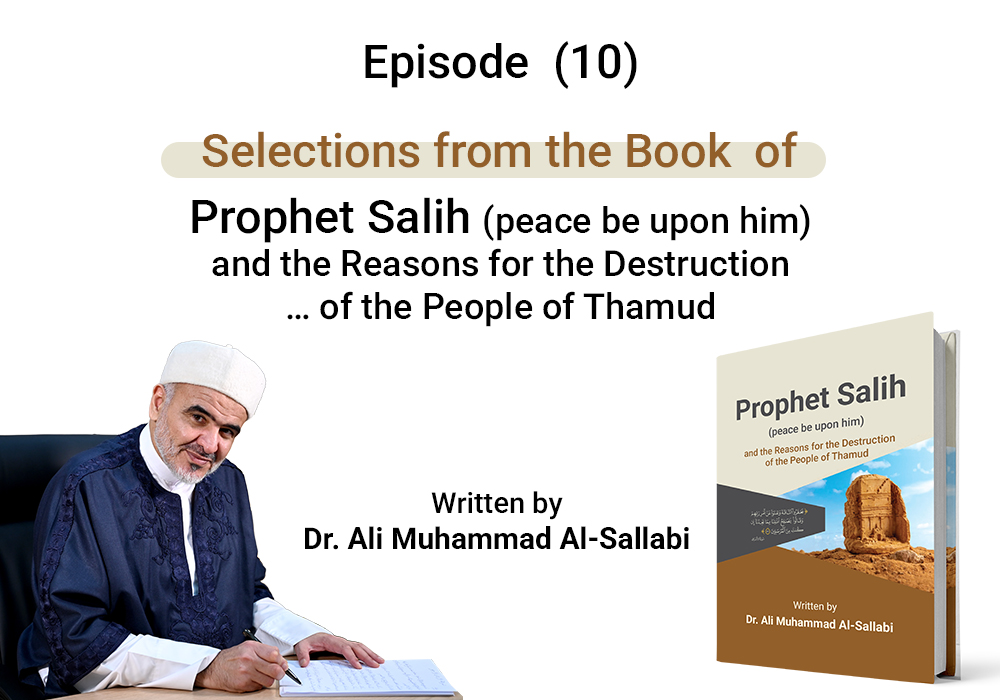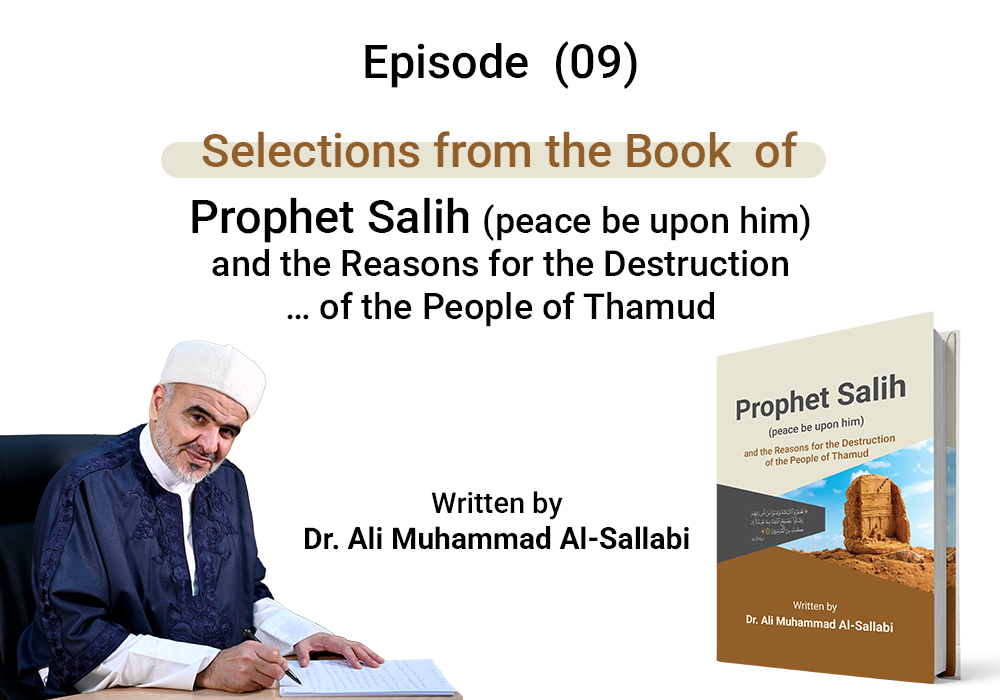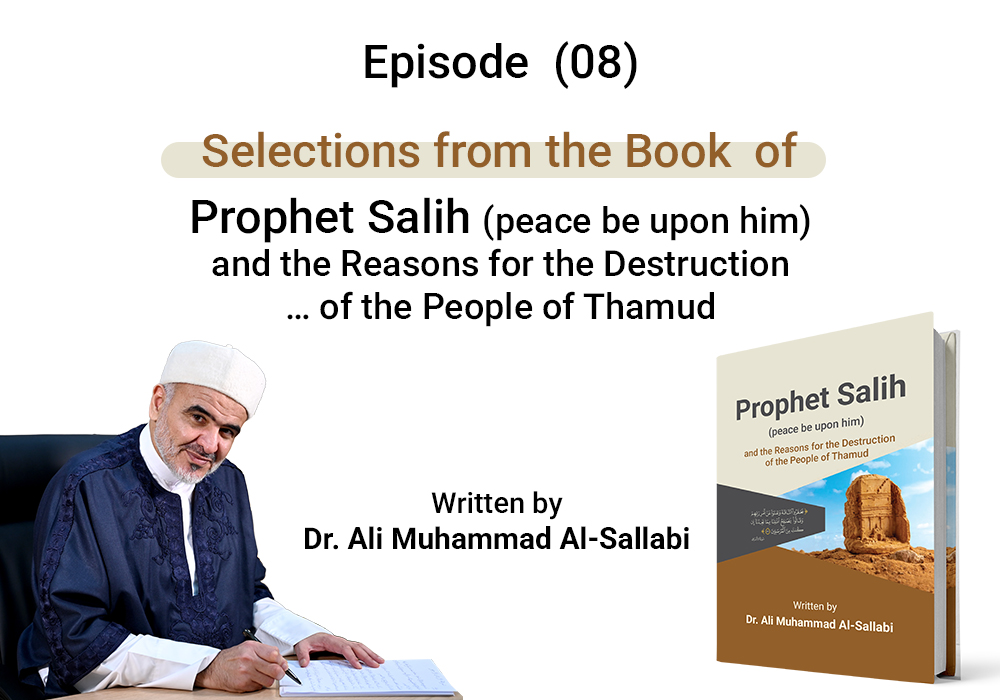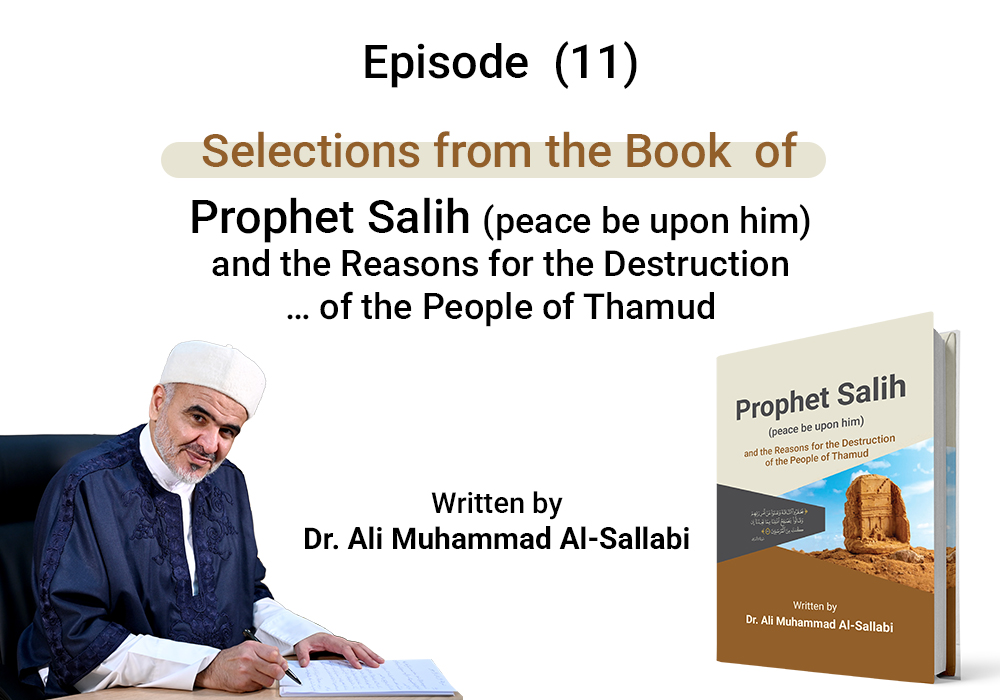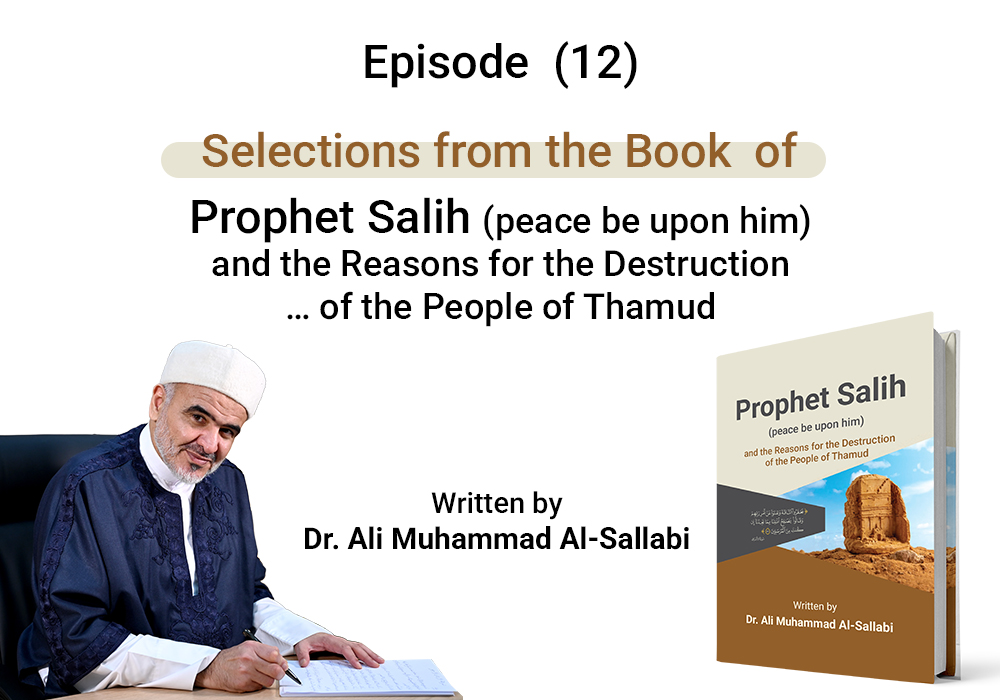Prohibition of Corruption on Earth
Selections from the Book Prophet Salih (peace be upon him) and the Reasons for the Destruction of the People of Thamud …
Written by Dr. Ali Muhammad al-Sallabi...
Episode (10)
- {and do not commit abuse on the earth, spreading corruption."}; Salih (peace be upon him) forbids his people from persisting in corruption. This indicates that the phenomenon of corruption is a deep-rooted social, political, and ideological issue that has existed in human societies both in the past and the present.
Linguistically, corruption is the opposite of righteousness, and harm is the opposite of benefit, while instigating corruption is the opposite of seeking reform.
Al-Raghib Al-Asfahani defined corruption as the deviation of something from its proper balance, whether slightly or significantly, and its opposite is righteousness. This term is used in reference to both the self and religion.
Al-Kafawi defined corruption as broader than injustice, explaining that injustice refers to diminishing someone’s rights—such as stealing another's wealth, which reduces their rightful property—whereas corruption encompasses that and extends to innovation, frivolity, and amusement.
Some of the key linguistic meanings of corruption include:
- The opposite of righteousness or reform.
- Unjustly seizing wealth.
- Deviating from balance, whether slightly or significantly.
- A broad term that includes frivolity, innovation, and amusement.
- Encompassing severing family ties.
- Affecting the soul, body, and other aspects of life.
The scholars of Tafsir (Interpretation) have defined corruption. Al-Tabari (may Allah have mercy on him) said: "Corruption on earth means acting in it contrary to what Allah, Glorified and Exalted, has commanded, and neglecting what Allah has ordered to be preserved. This, in summary, is corruption."
By what Allah has forbidden, he means committing sins, neglecting what Allah has commanded to be preserved, abandoning obligations and divine limits, and anything whose neglect leads to ruin and corruption.
As for Ibn Kathir (may Allah have mercy on him), he defined corruption as disbelief and engaging in sin.
Salih (peace be upon him) fought against ideological, social, and political corruption in all its forms—whether it was polytheism or harm inflicted upon creation. The mission of the prophets and messengers (peace be upon them) on earth is to combat corruption, confront it, and work to reduce and eliminate it as much as possible.
Salih (peace be upon him) persisted in his call, and only a small group from among his people responded to him, while the majority refused and sided with the eminent ones and leaders. The believers faced harm and mockery. The verses depict a scene of confrontation between the weak yet faithful group and the leaders of disbelief and misguidance, along with those who stood by them.
- Ali Muhammad al-Sallabi, Prophet Salih (peace be upon him) and the Reasons for the Destruction of the People of Thamud, pp. 84-86.
- Interpretation of Ibn Kathir (1/91).
- Thematic interpretation (3/95).
- The Quranic Approach to Confronting Financial Corruption, p. 48-49.
- Tafsir al-Tabari (1/289).
- Lisan al-Arab, Muhammad Makram bin Manzur, Dar Sadir, Beirut (3/335).
- Vocabulary of the words of the Quran, Al-Raghib Al-Isfahani, Dar Al-Qalam for Printing and Publishing, 2022 AD (1/636).
For further information and review of the sources for the article, see:
The Book of Prophet Salih (peace be upon him) and the Reasons for the Destruction of the People of Thamud on the official website of Sheikh Dr. Ali Muhammad al-Sallabi:


